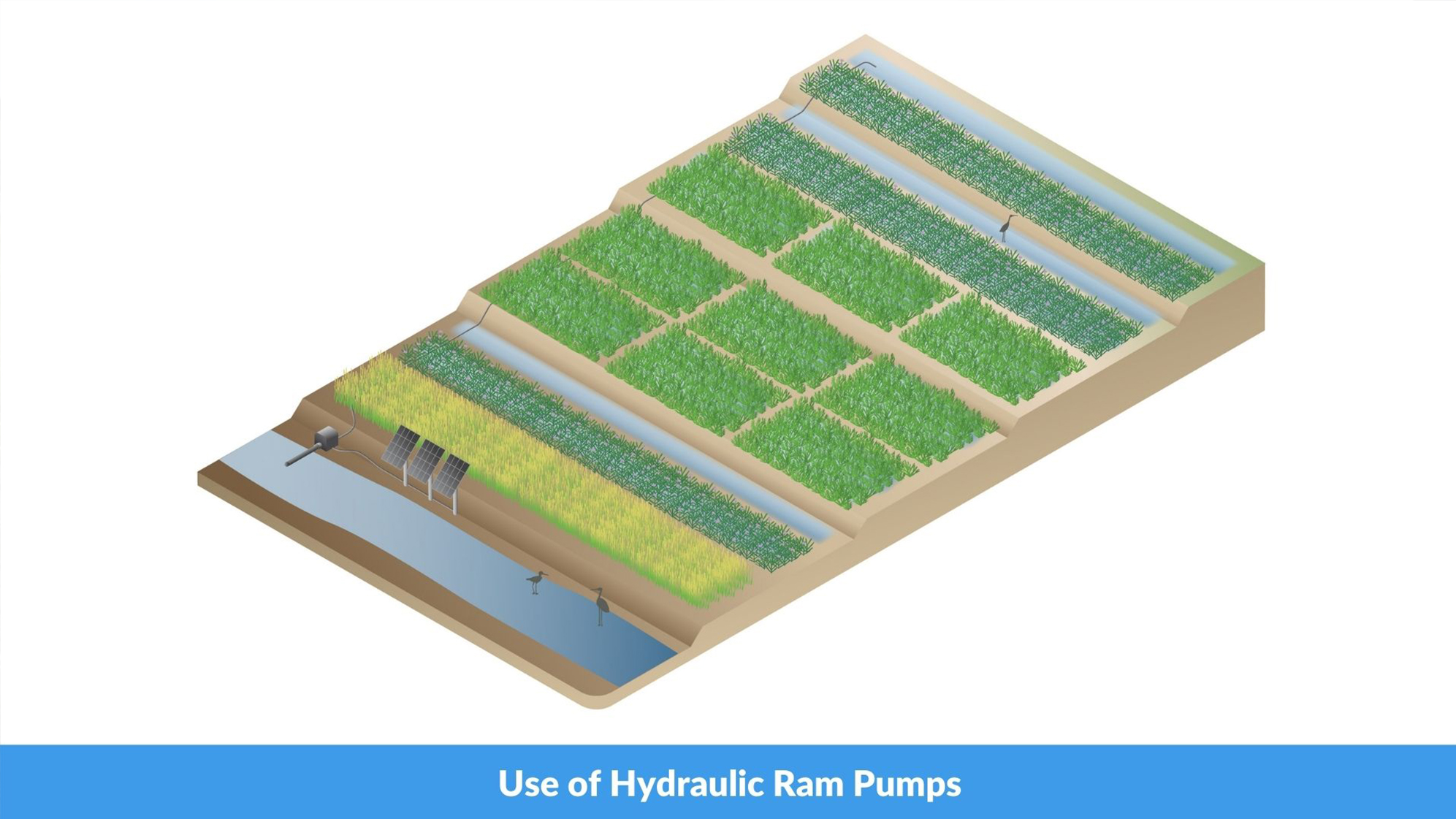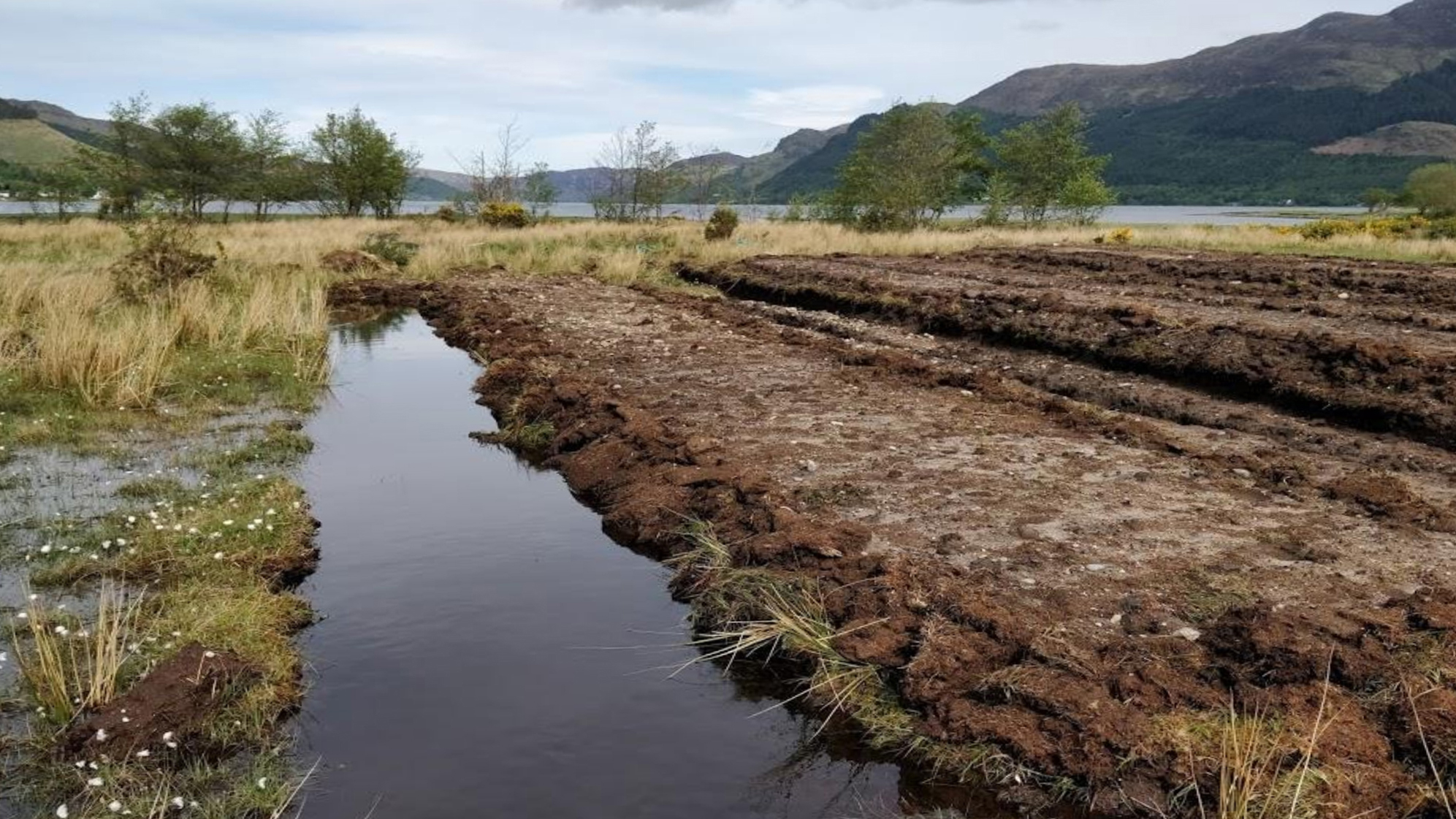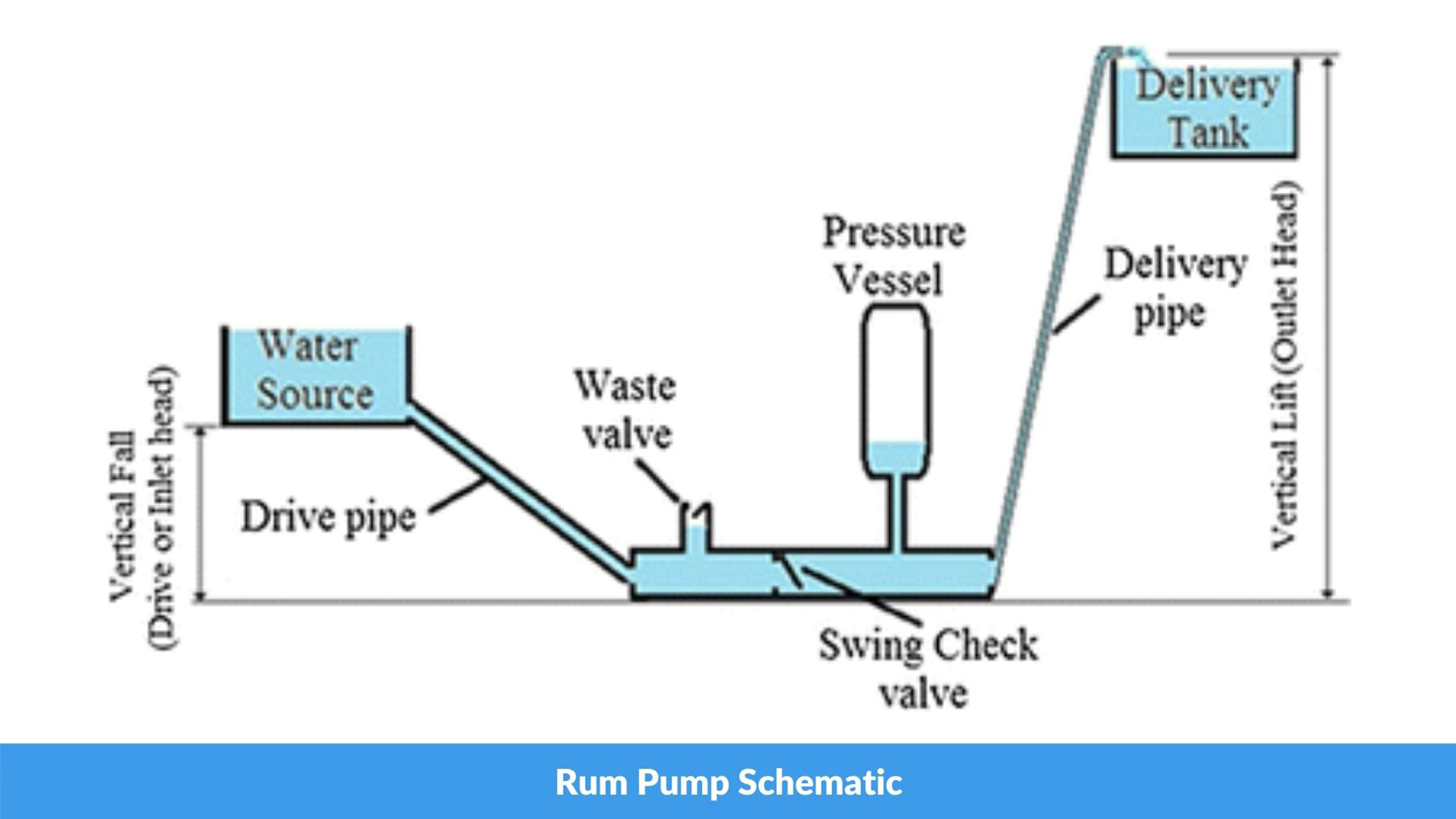By Tom Whillis, MSc Environmental Engineering student at University of Strathclyde

My name is Tom Whillis and I am studying an MSc in Environmental Engineering at the University of Strathclyde. I am interested in environmental issues and how engineering and design can be used to help combat these problems. As part of my degree I was given the chance to work with Seawater Solutions through a module called ‘Independent Study in Collaboration with Industry’. My work involved investigating the use of hydraulic ram pumps for sites run by Seawater Solutions with the main focus on a site in Glen Shiel, Scotland.

Hydraulic ram pumps use gravity and the water hammer effect to move water to higher elevations without the use of external power. This reduces running costs and emissions compared to conventional pumps. However, the pumps require higher volumes of water than conventional pumps and so should only be used in areas of high water security. The excess water is returned to the environment and not wasted but would still be diverted away from other potential uses.

I looked at two farms which might benefit from the use of ram pumps and decided to focus the study on the Glen Shiel farm. Seawater Solutions has previously run a trial farm in the area in summer 2020. Ram pumps operate best with a vertical drop between the pump intake and the main chamber. However, the flat nature of the estuary lead me to recommend the ram pump should be run in series with a submersible pump. This configuration should run off green energy and be more environmentally friendly than the system run during the trial period.
I enjoyed my time working with Seawater Solutions and gained valuable experience exploring real world engineering problems.